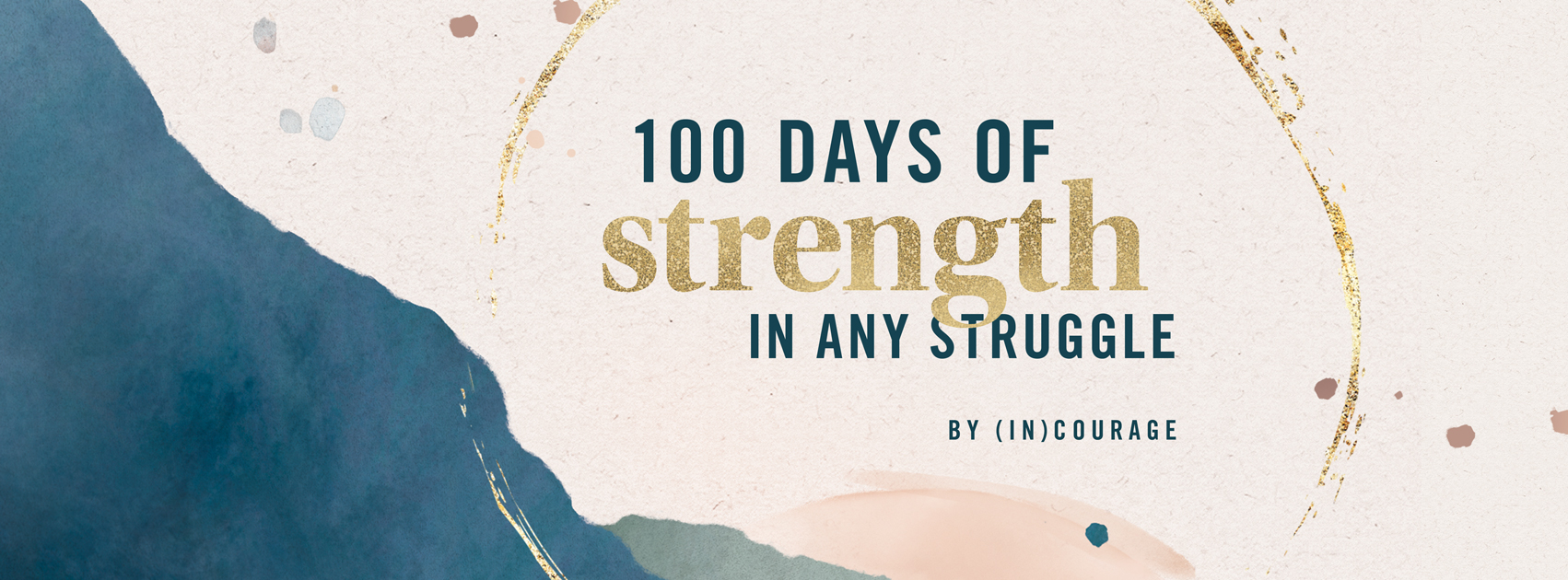I knew early on our daughter was different. She wasn’t walking. She skipped crawling. I ached when I heard other toddlers forming beautiful little words, like mama or dada, while she remained silent. It turned out she couldn’t hear for the first several years of her life. Fixing her hearing was just the beginning of the long journey of advocating for our daughter.
There are many faith songs about surrendering to God and trusting His plan, but if I’m honest, I’d rather sing those songs than live them. However, that’s not the call of the faith we profess. We often can’t understand what God is doing, but we are called to trust that He knows better and will work it for our good.
There was a time (or seven) in our journey with Lila where I thought I could fix her with the newest therapy, the greatest miracle supplement, or praying hard enough. I have since stopped believing that if she were more “normal,” she would have a better life.
God didn’t make a mistake when He weaved her genes together and made her just so. This leads me to believe He is showing a part of Himself through her.
She watches others open a gift and cries with joy, jumps up and down, and hugs them, as if she were the one receiving it. Give me boundless joy like that! She walks down to the neighbor’s house and asks them with intensity, “And how was your day?” Give me others-centered awareness like that! I almost missed out on God in her by wishing my circumstances were more “normal.”
We can have faith that our lives and their interruptions will accomplish God’s good purpose. And perhaps, once we start believing this to be true, we can open our white-knuckled grip and receive a better gift than we could imagine: Jesus.
It was never about our circumstances. It was always about Him.
“For just as the heavens are higher than the earth,
so my ways are higher than your ways
and my thoughts higher than your thoughts.”
Isaiah 55:9 NLT
By Jami Nato as published in 100 Days of Strength in Any Struggle

What if you could actually see God clearer and know Him deeper in the middle of your struggles?
You don’t have to keep trying to muster up more grit, willpower, or wisdom on your own. You can tap into the source of true, unfailing strength. How?
In our favorite devotional journal, 100 Days of Strength in Any Struggle, you’ll discover where strength really comes from: Jesus, the One who holds everything together. As you experience pain, move through daily challenges, or get bogged down by anxieties big or small, you can walk with your favorite (in)courage writers and learn to find Him right in the middle of whatever you face, ready to strengthen you and give you rest.
You are stronger than you think because God is closer than you know.

